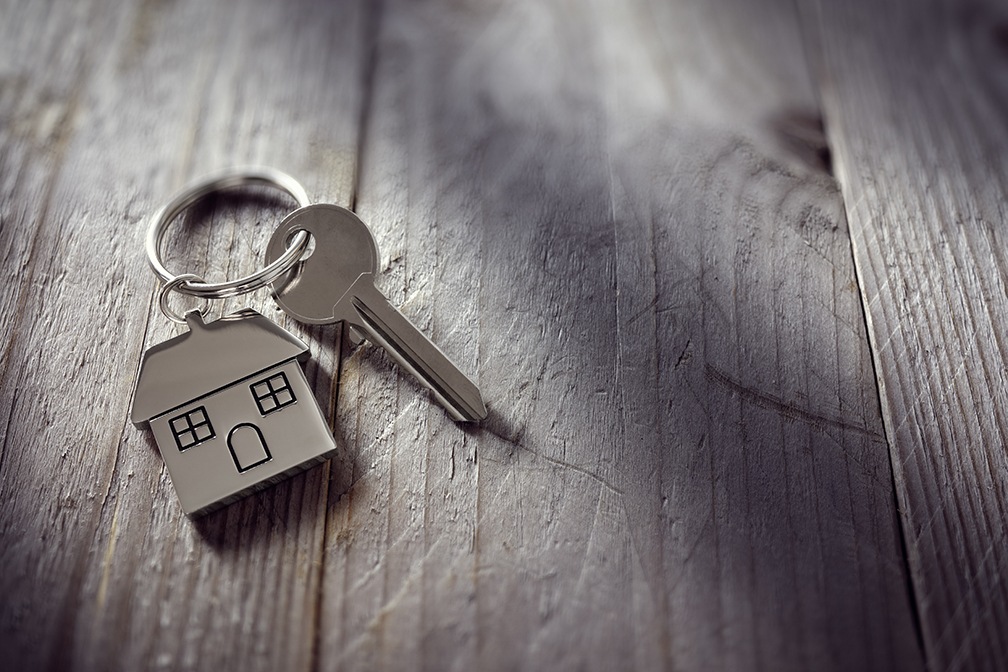Creative Ways to Use Home Equity Loans for Investment
 For homeowners looking to build wealth, a home equity loan can be a powerful financial tool. With the equity in your home, you can access funds at relatively low interest rates and put that money to work in smart, strategic ways. If you’re wondering how to leverage your home’s value for investment, here are some creative options to consider.
For homeowners looking to build wealth, a home equity loan can be a powerful financial tool. With the equity in your home, you can access funds at relatively low interest rates and put that money to work in smart, strategic ways. If you’re wondering how to leverage your home’s value for investment, here are some creative options to consider.
1. Real Estate Investments
One of the most popular ways to use a home equity loan is to invest in additional real estate. Whether you’re purchasing a rental property, flipping a home, or buying land for development, using your home’s equity can provide the capital you need to grow your real estate portfolio.
2. Stock Market and Dividend Investments
Investing in the stock market is another way to grow your wealth using home equity. Many investors choose dividend-paying stocks, index funds, or blue-chip companies to generate passive income over time. However, it’s essential to assess the risks and ensure your investment strategy aligns with your financial goals.
3. Starting or Expanding a Business
Entrepreneurs can use home equity loans to fund new business ventures or expand existing ones. Whether you need capital for equipment, inventory, marketing, or hiring employees, tapping into your home’s equity can provide the necessary funding without relying on high-interest business loans.
4. Home Improvements for Increased Value
Investing in your own home can be a lucrative move. Renovations like kitchen upgrades, bathroom remodels, or energy-efficient improvements can significantly increase your property’s value, leading to a higher resale price in the future. If you plan to sell or rent your home, these upgrades can provide an excellent return on investment.
5. Peer-to-Peer Lending or Private Loans
Some investors use home equity loans to fund peer-to-peer lending platforms or issue private loans to others. This can generate passive income through interest payments, but it’s crucial to vet borrowers carefully and understand the risks involved.
6. Purchasing or Expanding a Franchise
If you’re interested in business ownership but don’t want to start from scratch, buying into a franchise can be a great opportunity. Many franchises require a substantial upfront investment, and a home equity loan can provide the funding to get started.
7. Alternative Investments
For those with a higher risk tolerance, home equity loans can also be used to invest in alternative assets such as cryptocurrency, fine art, or collectibles. These markets can be volatile, so it’s important to do thorough research and consult with financial experts before investing.
A home equity loan can be a smart way to generate wealth if used wisely. However, since your home serves as collateral, it’s important to have a clear investment plan and ensure you can manage the repayments. Before making any investment decisions, consult with a financial advisor to determine the best strategy for your goals.

 In the world of mortgage lending, borrowers may come across a variety of terms and concepts that can be confusing. One such concept is cross-collateralization. While not as common as traditional single-property mortgages, cross-collateralization can be a powerful financial tool in certain situations. However, it also comes with unique risks that borrowers should understand. This article will explain what cross-collateralization is, how it works, and when it might be used in mortgage lending.
In the world of mortgage lending, borrowers may come across a variety of terms and concepts that can be confusing. One such concept is cross-collateralization. While not as common as traditional single-property mortgages, cross-collateralization can be a powerful financial tool in certain situations. However, it also comes with unique risks that borrowers should understand. This article will explain what cross-collateralization is, how it works, and when it might be used in mortgage lending. Whether you have recently graduated from college or are getting close to retirement, it’s likely that you have given some thought as to how you can grow your net worth. You might have invested in stocks, picked up a few bonds or have a 401(k) plan set up to help fund your retirement. But have you considered buying real estate as part of your portfolio?
Whether you have recently graduated from college or are getting close to retirement, it’s likely that you have given some thought as to how you can grow your net worth. You might have invested in stocks, picked up a few bonds or have a 401(k) plan set up to help fund your retirement. But have you considered buying real estate as part of your portfolio?